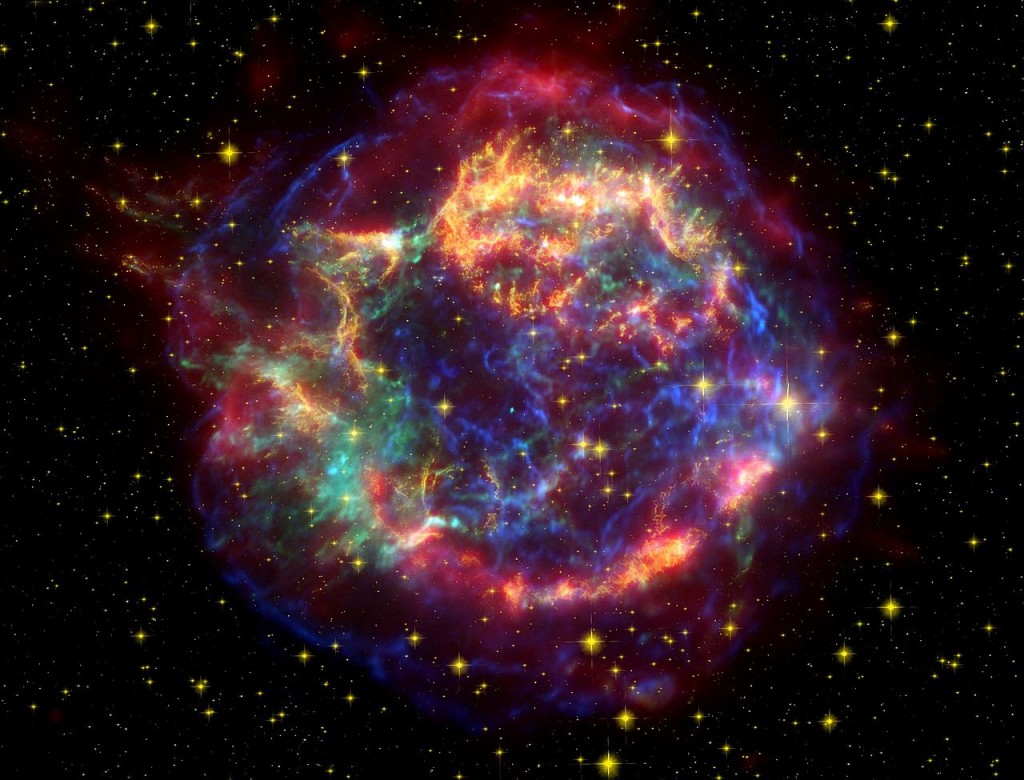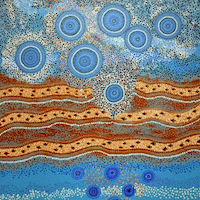Research Overview
The Astrophysics group at the University of Melbourne uses telescopes across the electromagnetic spectrum, from radio waves to X-rays (now even including gravitational waves!), to investigate a diverse set of open questions facing astronomy today. For example, “What happened during inflation in the first instant of the Universe?”, “How did the first stars and galaxies form and reionise the Universe?”, and “What is happening to the degenerate matter inside neutron stars?”
We also study the impact and influence of astronomy on culture, history and society, especially with regard to the Knowledge Systems of Aboriginal and Torres Strait Islander people by collaborating with elders and Indigenous communities.
Find out more about our research areas and potential research projects below. Projects can be observational, computational, theoretical or a mixture of these. We encourage you to contact potential supervisors directly to discuss possible projects.
Below: A false color image of Cassiopeia A(Cas A), a supernova remnant located in our Galaxy about 11,000 light years away, using observations from Hubble and Spitzer telescopes and Chandra X-ray Observatory. Courtesy NASA/JPL-Caltech











